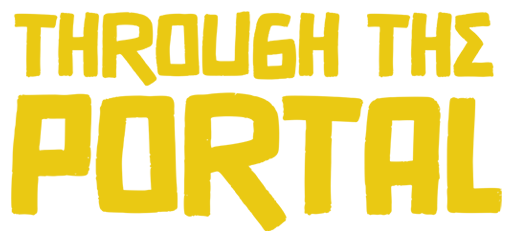How do we understand racial, gendered capitalism through a global and historical lens? Is this the era of “techno-feudalism”? Is capitalism dead, dying, or evolving? How do new technologies, the climate crisis, carceral systems, hyper-surveillance, and financialization shape 21st-century capitalism? How do race, gender, sexuality, disabilities, and other identity markers impact society? These questions and more will frame this discussion. We will also explore the looming threat of authoritarianism, including how real it is and what its implications are.
Day 1
What time is it on the clock of the world?
Oppressive systems evolve. How do we understand the rise of authoritarianism and the threat of fascism in the U.S. and globally? How do war, global alignments, shifting economies, and climate crises affect justice movements? Right-wing populism is growing worldwide, intersecting with the climate crisis. How should we respond, and what is the state’s role? Authoritarian regimes are repressive and grounded in patriarchy, ableism, colonialism, and white supremacy. Can the state advance progressive policies and protect dissent? In 2024, more elections will impact more people than in any recent year. What trends are emerging, and how can grassroots movements build international solidarity and power?
Imagining Alternative Economies & Cultures, Building Better, Sustainable, and Accessible Futures
Social movements often articulate what they oppose but struggle to envision what they support. What replaces unjust practices, policies, institutions, and systems, and how do we achieve it? What does transformative change look like, and what is the end goal? What are alternatives to exploitative economies? Do cooperatives, solidarity economies, mutual aid networks, and demands for housing as a human right prefigure the future? What does a radically inclusive and accessible society look like?
